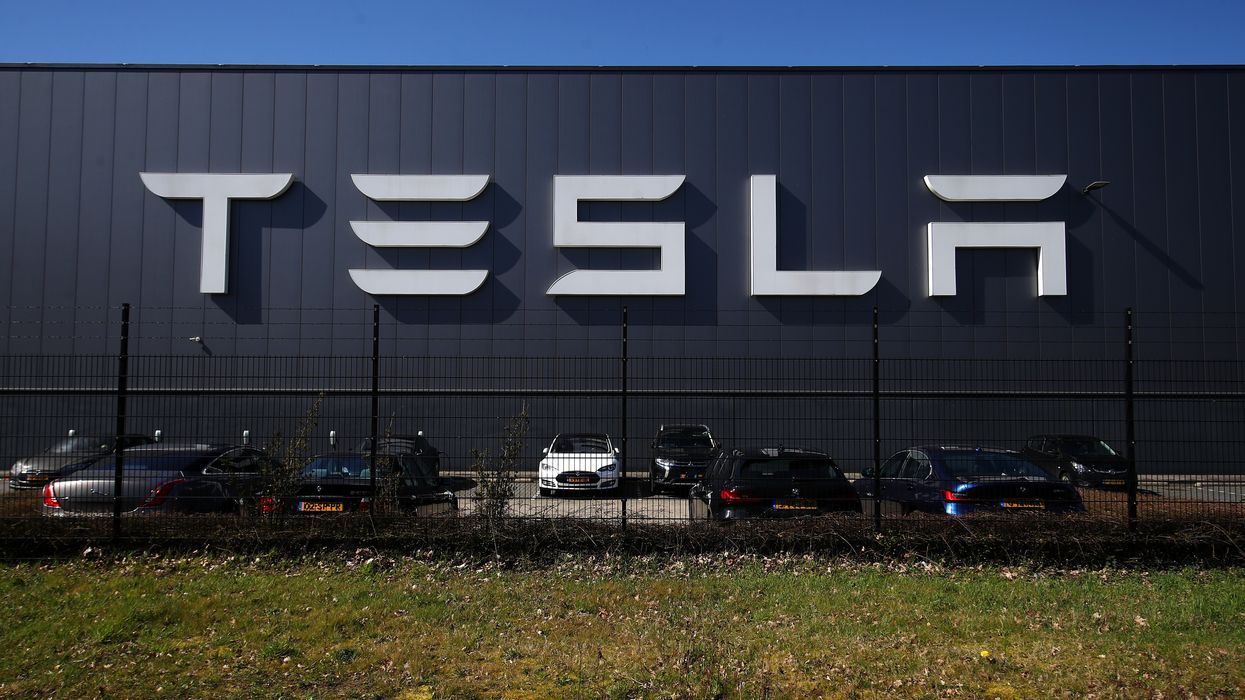ELON MUSK’s electric vehicle company Tesla has received £191 million in grants from the UK government since 2016, according to an analysis by Tussell.
The majority of the funding, £188m, was provided by the Department for Transport (DfT) through the plug-in car grant scheme, which aimed to promote the adoption of electric and plug-in hybrid vehicles, The Guardian reported.
The scheme, introduced in 2011, offered discounts on new plug-in cars, starting at £5,000. It ended in June 2022. Tesla received £61.6m under the scheme in 2020, the highest annual amount, with the figure declining to £49,000 in the first six months of 2022, based on the latest DfT figures.
The remaining £3m in grants was sourced from various public bodies, including Stirling Council, the South Central NHS Trust, and the Scottish government, The Guardian reported.
This funding contrasts with Musk’s advocacy for smaller government and reduced public spending.
Musk, who co-led Donald Trump’s “Department of Government Efficiency” initiative to downsize federal bureaucracy, has called for a significant reduction in the number of US federal agencies.
Meanwhile, Tesla has faced challenges in 2024, reporting its first annual decline in deliveries as incentives failed to increase demand for its ageing vehicle lineup.
In recent days, Musk has also faced criticism for his comments on grooming gangs and his attacks on Keir Starmer and other politicians, prompting the prime minister to condemn his remarks as amplifying far-right "poison."





